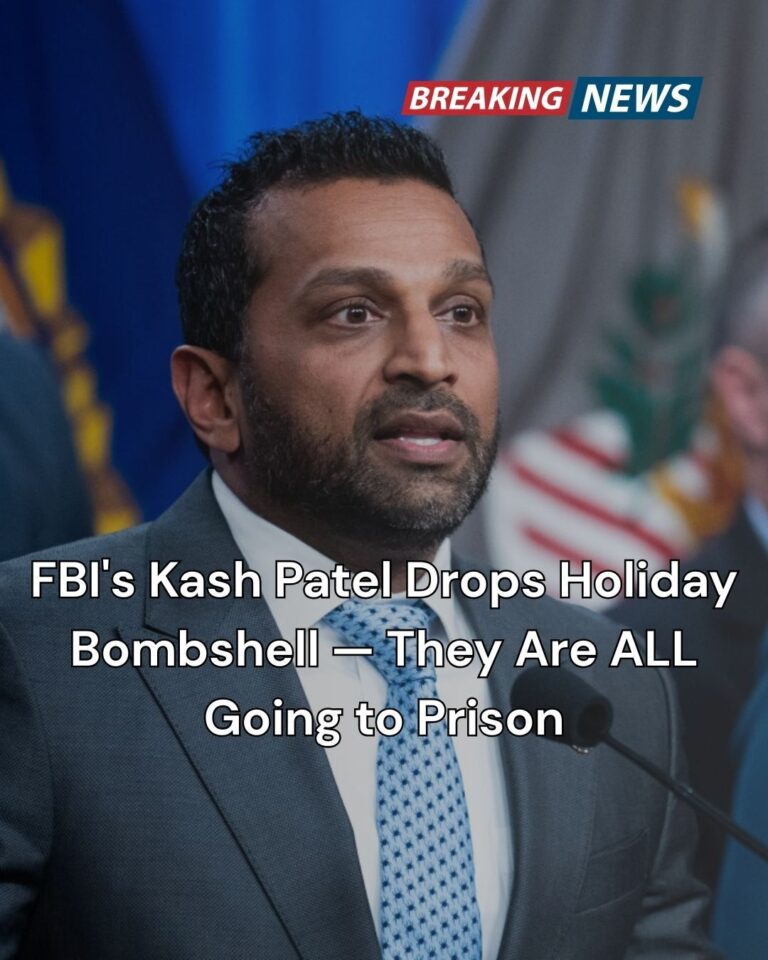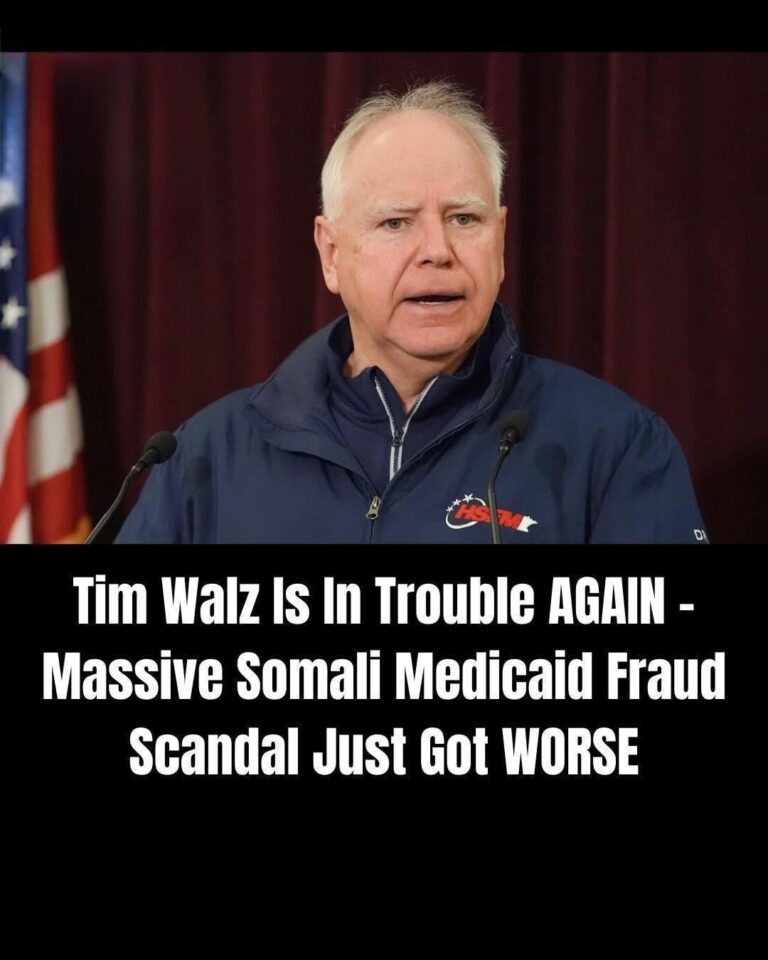TRUMPS NEW PLAN IS SHOCKING AMERICA, The Truth Behind the Trump Accounts Proposal
Donald Trump’s newest economic proposal has hit the country like a bolt of electricity, setting off arguments, excitement, disbelief, and a long list of unanswered questions. The idea is bold, dramatic, and unmistakably Trump: create “Trump Accounts,” government-funded investment portfolios assigned to every American newborn within a defined four-year period. The goal? Give the next generation a financial launchpad unlike anything the U.S. has ever attempted.
Under the proposal, each newborn would automatically receive a $1,000 investment account funded by taxpayer dollars. This isn’t a savings account or a traditional government bond—this money goes straight into the stock market. From day one, the account begins compounding, riding the same waves of gains and losses as Wall Street itself. By the time a child turns eighteen, the hope is that the account has grown into a meaningful asset—something a young adult could use for education, a down payment, a business idea, or simply surviving the relentless cost of living.
Supporters are calling it visionary. In a country where generational wealth tends to pass only through families who already have it, Trump’s plan tries to level the starting line. Millions of American children begin life with nothing more than a Social Security number. Under this plan, they’d begin with a foothold in the financial system—a rare chance to build wealth even if their parents never had the opportunity. For families who feel locked out of homeownership, investments, or long-term savings, the idea feels transformative. A thousand dollars at birth, compounding for nearly two decades, could become the first real asset many young Americans ever hold.
But for every cheer, there’s an equally loud warning. The most obvious problem is baked into the design: the stock market is unpredictable. For some kids, eighteen years of growth could turn that $1,000 into a surprisingly large sum. For others, one well-timed recession could slash the account value in half. The same volatility that creates wealth can erase it—and tying a child’s financial future to Wall Street’s mood swings makes plenty of people uneasy.
Economists are already asking tough questions. Who manages these accounts? Private firms? The government? A hybrid system? What regulations would protect the money? Would parents be allowed to monitor the investments? Could politicians influence where the funds are placed? The idea sounds simple on a debate stage, but once you get into the weeds, the complexity becomes impossible to ignore. The country has seen what happens when government programs lack clear oversight—mismanagement, waste, or worse.
Even the rhetoric surrounding the proposal has made waves. Trump describes these accounts as pathways to “future prosperity,” positioning himself as the visionary who wants to put wealth directly into Americans’ hands from birth. Critics accuse him of political showmanship, arguing that the proposal is more about branding than sound policy. Supporters counter that even if the idea needs refining, at least it forces leaders to confront the reality of generational poverty.
Regardless of where people stand, one thing is clear: Trump has once again dragged the national conversation into new territory. The country is now openly arguing about what wealth-building should look like in a modern economy, whether government should take a more active role in shaping financial futures, and whether investment is a right or a privilege.
If this plan moves forward, it would fundamentally reshape the relationship between American citizens and financial markets. If it dies in Congress, it will still have shifted the debate, forcing lawmakers to acknowledge a reality they’ve ignored for too long: millions of American families are desperate for a future that feels possible, not theoretical.
Trump Accounts might succeed. They might collapse. They might evolve into something entirely different. But the proposal has already achieved something rare—making the country confront hard truths about fairness, opportunity, and how a society decides what every child deserves on the day they are born.
For some, this idea represents hope. For others, risk. But for everyone, it’s a reminder that the economic future of the next generation isn’t guaranteed—and ignoring that won’t make the problem go away.




